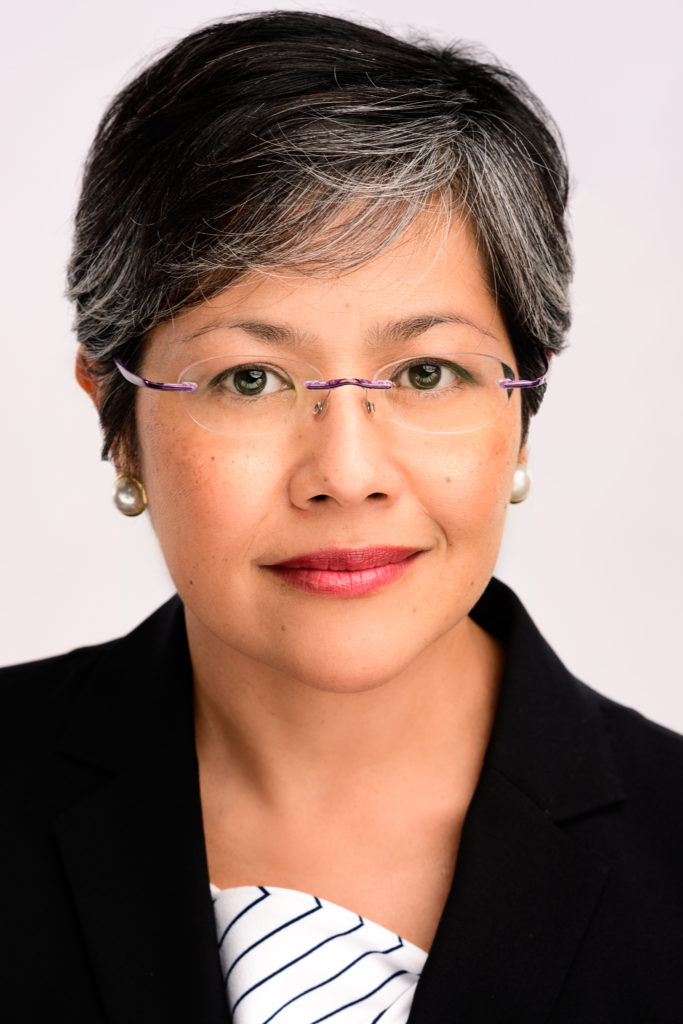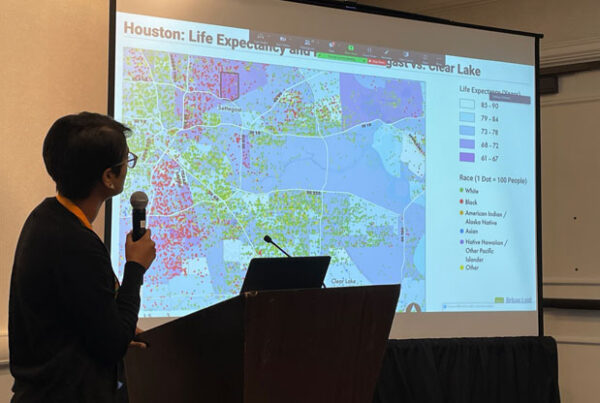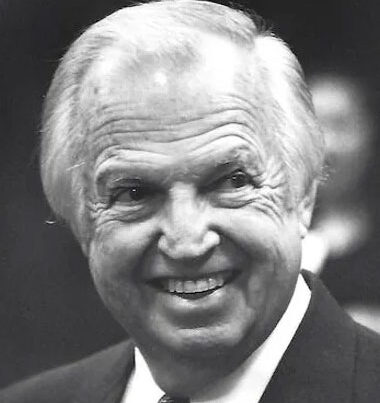The ULI Foundation recently celebrated its 50th anniversary, marking a half century of community-shaping, world-changing impact.
 Because of the generosity and commitment of more than 2,000 individual and institutional donors, the Foundation, a 501(c)3 charitable organization, raised more than $9.37 million in 2020 for philanthropic priorities that ensure the success, strength, and growth of the Institute’s mission-driven work through all economic cycles.
Because of the generosity and commitment of more than 2,000 individual and institutional donors, the Foundation, a 501(c)3 charitable organization, raised more than $9.37 million in 2020 for philanthropic priorities that ensure the success, strength, and growth of the Institute’s mission-driven work through all economic cycles.
In January, the ULI Foundation welcomed Janice P. Periquet as its new president. Periquet will manage and oversee all aspects of the Foundation’s comprehensive fundraising strategy and execution. In her most recent position, she was vice president of development at RepresentUs, a nonpartisan organization dedicated to democracy reform.
Throughout her career, Periquet has been focused on advancing the work of entities and initiatives that intersect with ULI’s efforts to transform the lives of millions of people around the globe. From building and managing investments to stakeholder support for organizations committed to environmental concerns, civil rights, and social equity, democracy reform, public health, and the humanities, she has been a part of three billion-dollar-plus campaigns, from design to implementation.
“We are thrilled to have Janice on board with the Foundation,” says Douglas D. Abbey, chairman of the ULI Foundation. “There is much work to do to face the myriad challenges facing our cities around the globe. ULI is the only organization suited to bring best practices and share new ideas and solutions. To meet our critical mission to shape the future of the built environment for transformative impact in communities worldwide, we are strengthening the ULI Foundation to support this effort. We are confident Janice will lead us to a new level of philanthropic support.”
Periquet agreed to answer a few questions about her plans for the ULI Foundation.
What drew you to the ULI Foundation?
ULI has a unique and powerful platform to elevate and address some of the most pressing land use challenges in history—climate resilience, sustainability, equity, housing attainability, and economic development, for example—as it seeks to positively impact the future of diverse communities worldwide. The expert leadership of members across the land use spectrum enables the vital creative thinking, innovation, and action needed to confront these challenges and bridge the public/private divide. These challenges are found worldwide, but real estate decisions and solutions are local and place-based. I know some of the strong leaders who have generously committed their time, talent, and treasure to the ULI mission. In a recent meeting with the Foundation Board members, I was immediately struck by the level of dedication and engagement demonstrated. I am excited to join and get things done.
What are your priorities for the Foundation?
Beyond “the numbers”—raising the funding critical to strengthening our excellent programs and expanding their reach and impact—I hope to get the ULI story out there and make the Institute a household name. The rich history of ULI’s tangible impacts has to be communicated. I also am eager to meet and learn from our members and forge new relationships. The 45,000 ULI members are already leaders in their communities. They are well versed in the flow of private investment that brings new projects and ideas to fruition. Many are also notable philanthropists in their local regions, chairing campaigns to build hospitals, creating scholarships at their alma maters, or supporting local arts and community organizations. We must build a better culture of philanthropy within ULI and help our stakeholders extend their change-making visions to the Foundation. By telling our story—often, and in a variety of ways to a variety of audiences—we can demonstrate our impact. We can show, through numerous examples of the Institute’s work over more than eight decades, why giving to ULI matters, and further, how their philanthropy can leverage their personal values and create legacies that improve the communities they care most about.
What do you believe to be the Foundation’s greatest aspiration?
ULI’s identity as a global organization means that, with our unparalleled reach and extensive expertise, we have the opportunity to make the greatest impact on the world. There will never be enough philanthropy to “fix” or fund everything in communities, but I have always believed that philanthropy is the catalyst, the spark to crank up the engine of transformation. ULI has so much potential, and increased attention to our successful and extensive mission-driven work will attract more private investment to these priority activities—projects that make an immediate, lasting, measurable impact on the lives of millions of people far into the future. The world is changing. It’s an exciting—and even scary—moment. But I believe that if we can all remember our shared values and commitment to build a stronger future for our children, we will be successful.
What have you learned about philanthropy throughout your career, and how does that inform your role with the ULI Foundation?
Contrary to what many believe, fundraising isn’t about pitching a product for sale, it’s about building and stewarding relationships—asking good questions and listening closely to the answers to understand each prospective donor’s interests and passions. Then we can discover together how our priorities link with their philanthropic goals. ULI’s mission resonates with so many people for so many reasons, and what we do truly matters on both a micro and macro level; even my teenage sons have grown increasingly aware of how connected we all are.
Because English wasn’t my first language, I have always worked to listen closely and try to meet people where they are. Since the beginning of the pandemic, I’ve discovered there is less time to waste. Donors are clearer about their goals and want to cut to the heart of the matter: what difference will my philanthropic dollars make? I firmly believe that ULI has the answer.
To learn more about the ULI Foundation and its new president, Janice Periquet, visit foundation.uli.org.



